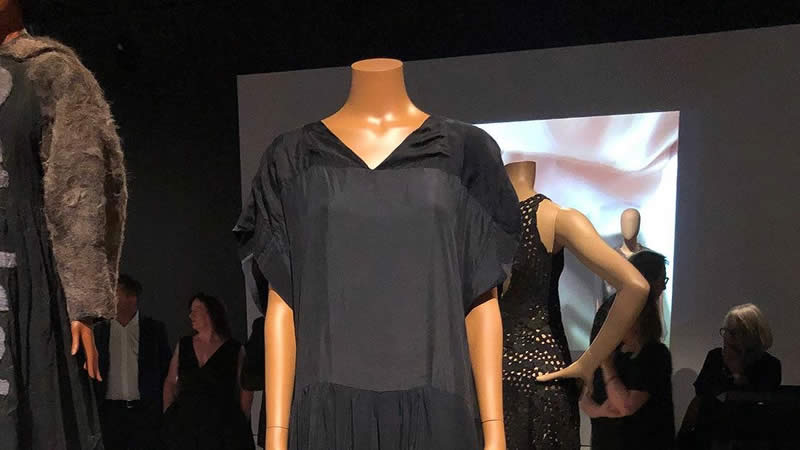
Designer Phoebe English Rejects ‘Fast Fashion’ in Commitment to Protect the Planet
Share0Driven by a deep-seated commitment to safeguarding the environment, Phoebe English has embarked on a unique path, one that challenges the norms of the fashion industry. For her collection showcased at London Fashion Week, she hasn’t purchased a single centimeter of fabric or a plastic button.
The fashion industry, notorious for its environmental impact, contributes to up to 10 percent of greenhouse gas emissions, as per estimates from the World Bank. The prevalent culture of “fast fashion,” where clothes are bought cheaply and discarded after minimal use, generates a staggering amount of waste, often ending up in illegal landfills in the Global South.
Phoebe English, a 37-year-old designer who graduated from London’s prestigious Central Saint Martins Arts College in 2010, is deeply concerned about this issue. “We are producing too much too quickly, in quite an unnecessary way, and we need to really think about it,” she emphasized. “Is that something that can actually continue with the planetary boundaries that we have?”
Like many individuals, English grapples with a degree of “eco-anxiety,” a sentiment that may seem at odds with her profession. However, it has spurred her to take radical actions, such as creating blouses from repurposed bed linen salvaged from luxury hotels, a prime example of her sustainable collection.
English meticulously collects textile waste throughout the year, including off-cuts from other businesses and even fabric scraps discarded by wedding dress manufacturers. Transforming these non-uniform and often small off-cuts into wearable garments is a technical and intricate process.
Embracing a philosophy centered on slow and sustainable fashion, English presents only one collection per year at Fashion Week, in contrast to the multiple collections typically showcased by designers. “We can’t do it at the same speed that potentially other companies can,” she explained.
Her goal is clear: to work in less harmful ways. She eschews plastic components in her clothing, opting for natural materials like corozo nut or milk casein for buttons and organic cotton sewing thread. English also considers the afterlife of each garment, ensuring it is easy to mend and biodegradable if it ever ends up in a natural environment.
Her collection exudes a monochrome and refined aesthetic, with garments primarily in black or white, devoid of prints or embroidery. Many pieces are designed to be gender-neutral.
Everything is meticulously crafted with the assistance of a small team in her studio in East London or outsourced within England. It’s a “very niche company,” as she describes it.
English has cultivated a loyal clientele that spans across Japan, the United States, and various European locations. Her clients, which include artists and individuals intrigued by her approach, order items directly from her through the Internet.
While many fashion brands now profess to prioritize environmental protection, some are accused of “greenwashing.” English recognizes the prevalence of misinformation in the industry and calls for clear legislation to address damaging practices.
In a promising development, the British Fashion Council, the organizer of Fashion Week, has recently announced a collaborative program with the British textile industry aimed at cleaning up the sector. Their efforts will focus on reducing waste and overproduction of clothing while aligning with the UK’s net-zero strategy and broader climate targets.
